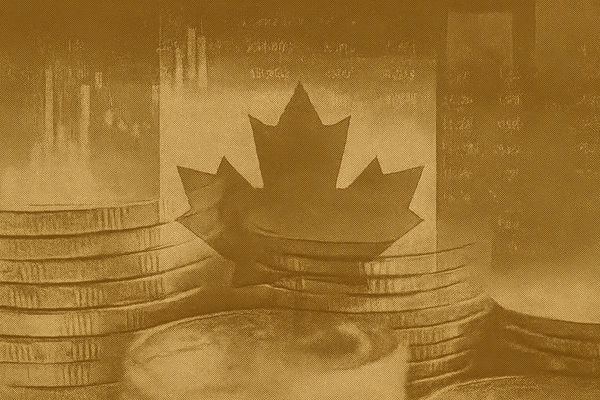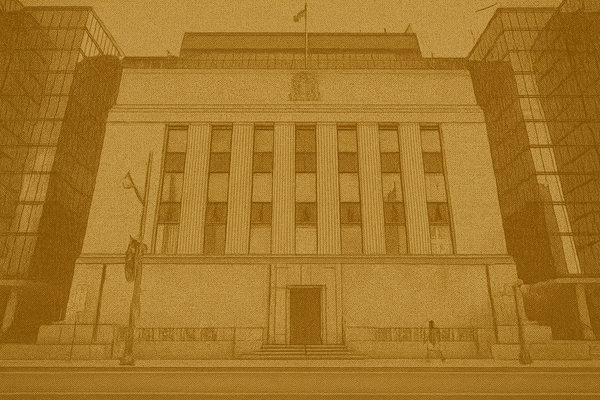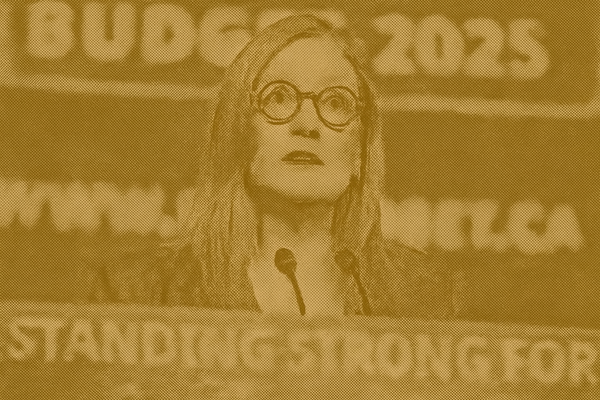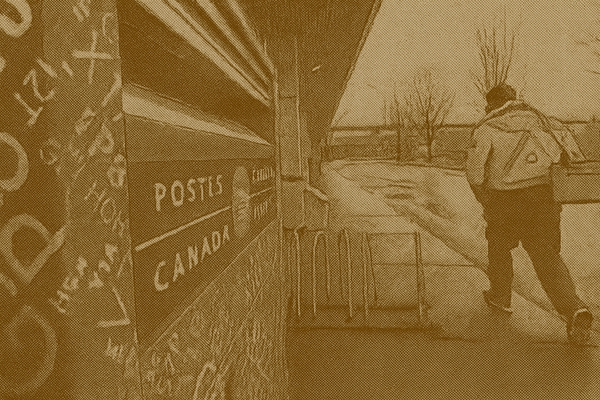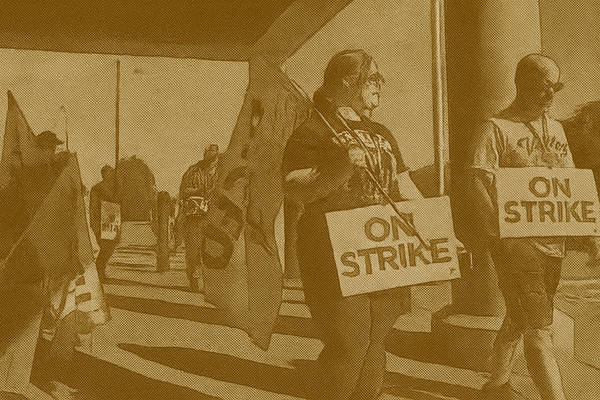Based on coverage from CBC and Global.
The Canadian economy, much like a seasoned hockey player dodging a check, seems to have narrowly avoided slipping into a recession—at least for now. Despite the ongoing trade tensions with the United States, which have been as welcome as a January cold snap, early indicators suggest that Canada has sidestepped the dreaded economic downturn.
In the second quarter of this year, the economy took a hit, contracting by 1.6% on an annualized basis. According to the textbook definition, a recession occurs when the economy contracts for two consecutive quarters. But here's the twist: economists are cautiously optimistic that the third quarter will show some growth, albeit modest.
Desjardins' deputy chief economist, Randall Bartlett, projects a slight growth of 0.0% to 0.5% for the third quarter. It's not exactly a champagne-popping moment, but it does mean that Canada might technically avoid a recession. This glimmer of hope is largely thanks to exemptions from U.S. tariffs, which have kept the majority of Canadian exports tariff-free. Manufacturing, wholesale trade, and even the housing market have shown signs of life over the summer, providing a much-needed boost.
The Bank of Canada, however, isn't ready to declare victory just yet. It recently cut interest rates to 2.5%, a move that signals all is not well in the economic landscape. The federal government is also gearing up for a spending spree in the upcoming budget, a clear indication that the economy is still on shaky ground.
Regions heavily reliant on trade, like Ontario, are feeling the brunt of the U.S. tariffs. Windsor, for example, has seen its unemployment rate climb to 11%, a stark reminder that while the broader economy might be dodging a recession, not everyone is unscathed. The Royal Bank of Canada warns that Ontario could face "localized recessions" in certain markets, particularly those hit hardest by tariffs.
Consumer and business confidence remain tepid, and employment figures are less than stellar. The unemployment rate has crept up to 7.1%, and while RBC Economics doesn't foresee it worsening, it's a far cry from the pre-trade war days.
Economists like CIBC's Avery Shenfeld caution that while Canada has dodged a recession "so far," the situation remains precarious. The economy's resilience hinges on whether the summer's slight recovery can be sustained through the end of the year. If not, we might find ourselves back in recession territory.
In the grand scheme of things, Canada's economic outlook is a mixed bag. While the country has managed to avoid an outright recession, the road ahead is fraught with challenges. The trade war's impact is still unfolding, and the economy's future will depend on how well it can adapt to the new trade dynamics. For now, Canadians can take a moment to breathe a sigh of relief, but it's clear that the economic game is far from over.


